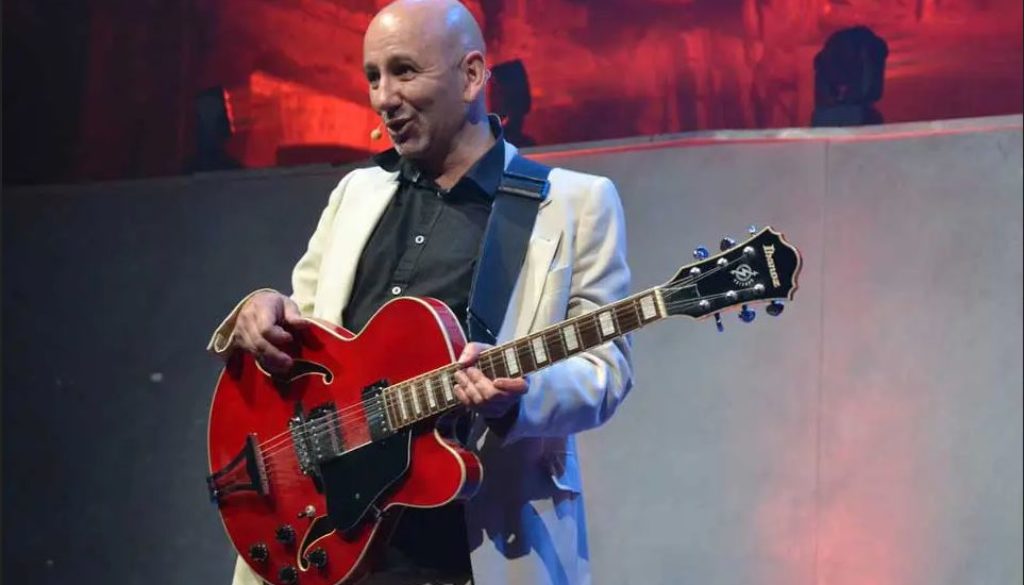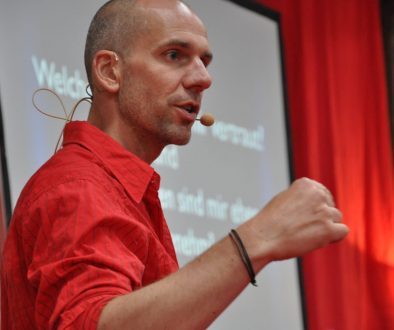Steps to an Ecology of Miles: An Invitation to Jam

Rik Spann – Academy for Improvisation and Leadership
Play what you know. And then play above that. Miles Davis
The major problems in the world are the result of the difference between how nature works and how people think. Gregory Bateson
In this short presentation we will look at what might happen when you hold together two legendary bodies of art and science. The seminal jazz album Kind of Blue from Miles Davis will be held alongside the work of anthropologist, cybernetician and transdisciplinary thinker Gregory Bateson (mainly Steps to an Ecology of Mind). From this encounter associations emerge that might provide unexpected and interesting reflections on different social and psychological phenomena and their dynamic relationships. A mindful jam session on how this works might deliver insights and perspectives on GSW that cannot be predicted, but that emerge from the conversations around the phenomena and their relationship. Keywords from earlier sessions: cosmopolitan communication, setting the stage for serendipity, retrospective sensemaking, instant composing, polyvocality, reflexivity, liminality and bricolage.
This presentation is a preview of an upcoming book by Rik Spann (applied musicologist, jazz musician, creative leadership and organisational improvisation expert and writer) and Simon Martin (consultant, writer). They are actively participating in professional environments building on ideas from phenomenology, human and organizational development, leadership development and team dynamics.
Rik Spann (the presenter) is a board member of the CMM institute for personal and social evolution, and associate of the Taos Institute and IFGIC. Also he is co-founder of De Goudse School, a transdisciplinary platform on organisational challenges at the crossroads of art, science, spirituality and technology. He assists in programs of Fielding Graduate University, and loves to explore what is happening at the crossroads, between the lines and in the subtexts and contexts of our experiences. Always with music, arts and the ‘human factor’ as the center of gravity.



